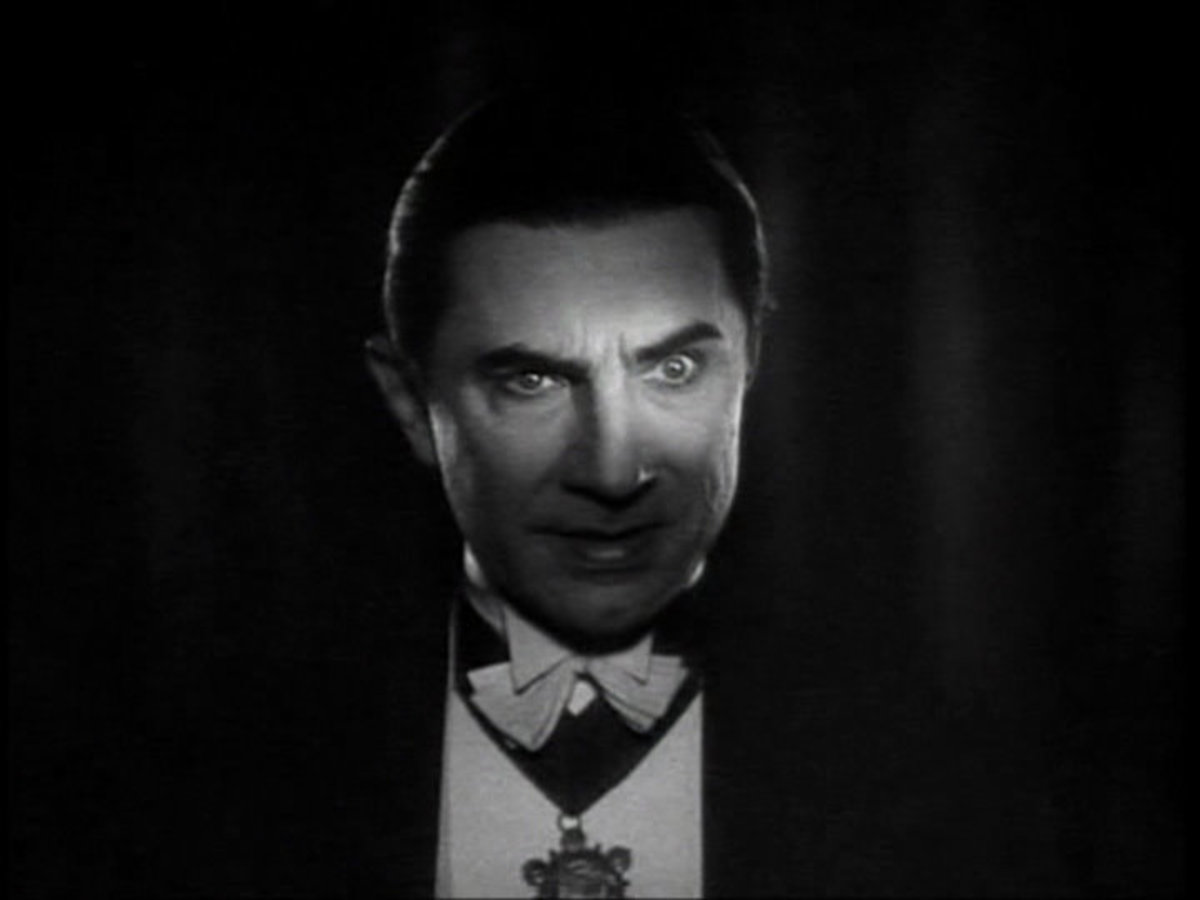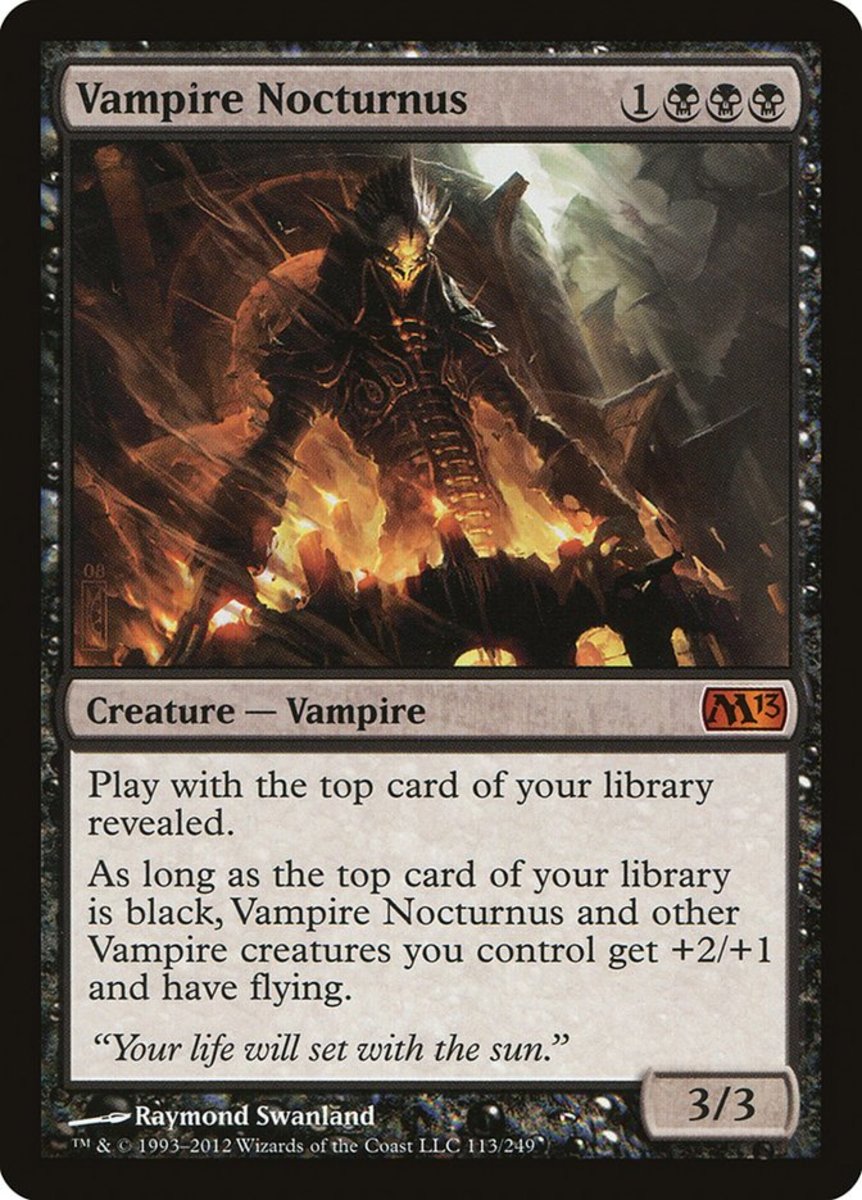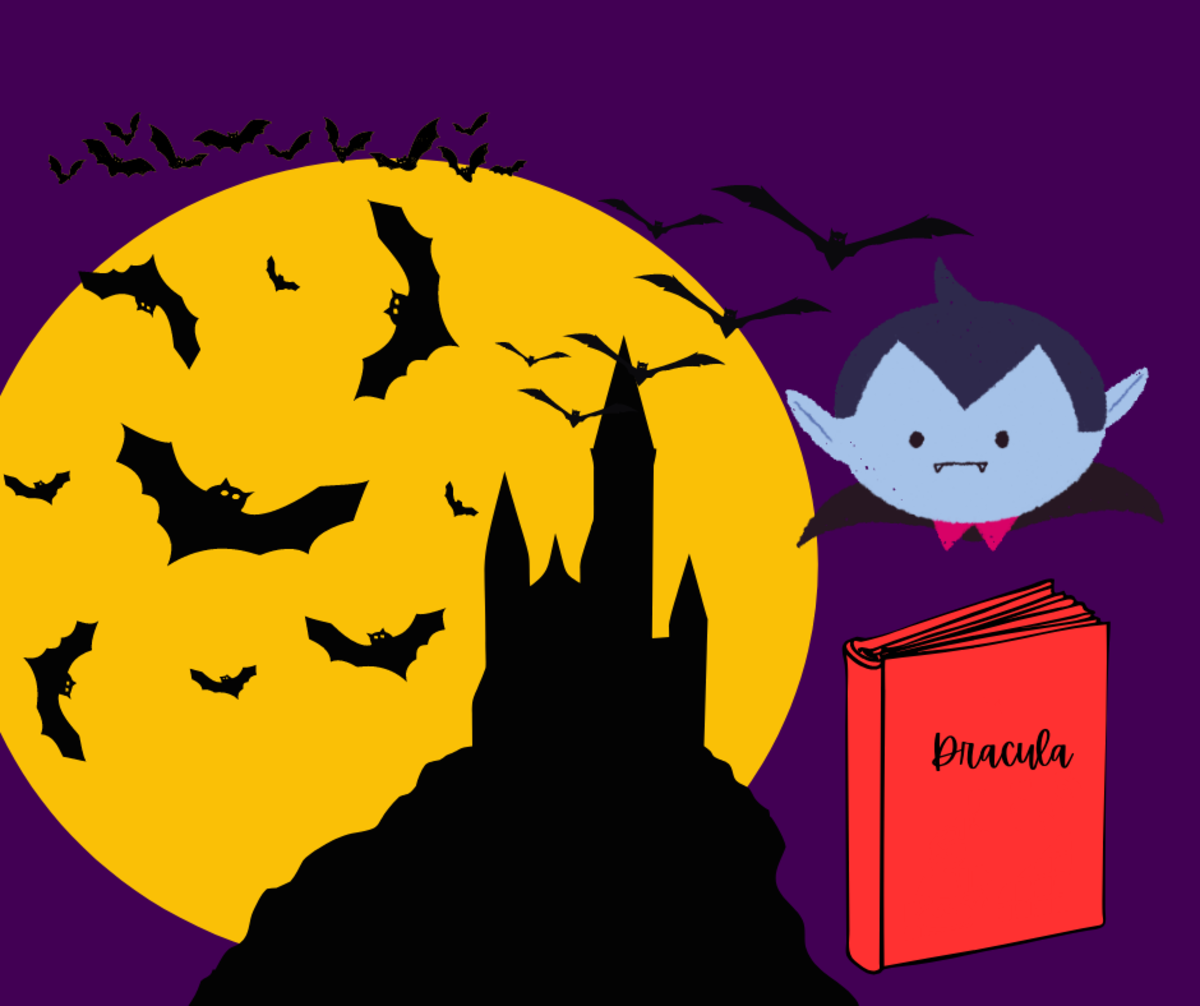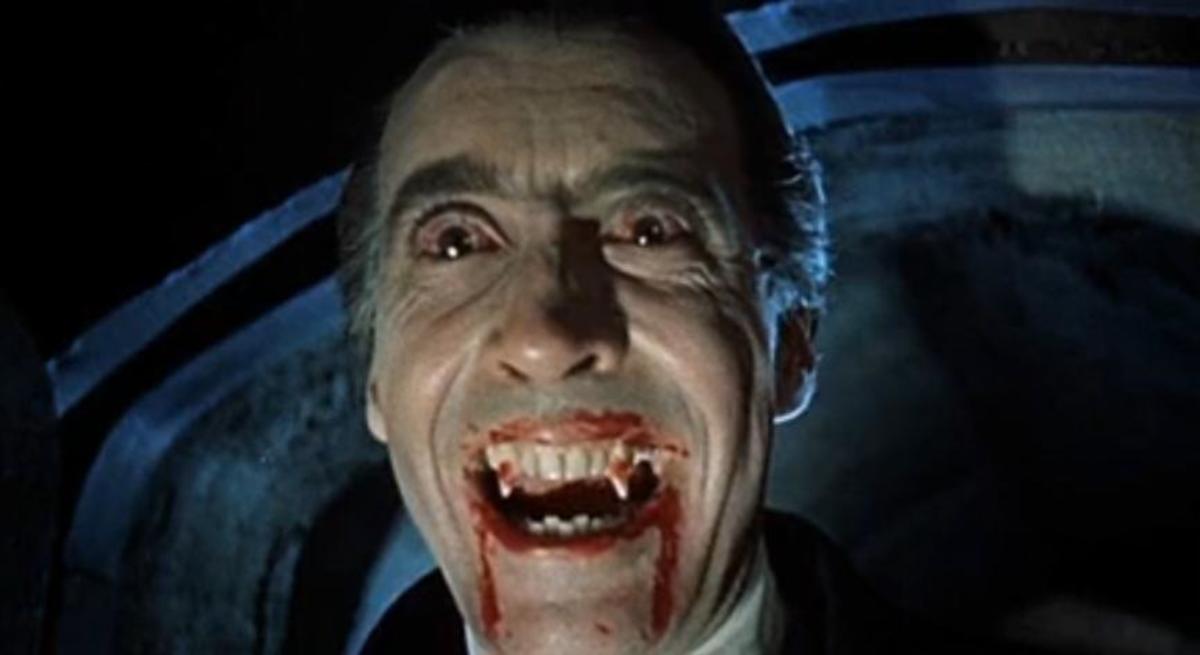Nate's Guide to Vampires: Origins
Intro
I recently came to the conclusion that vampires are going to be money in the bank. With Eclipse on the way and Breaking Dawn no doubt a few months behind that one, the top search topic an all engines is no doubt going to be filled with vampire related terms.
So let me open up by baiting this particular hub properly. Twilight Saga: Eclipse is coming out shortly followed by Twilight Saga: Breaking Dawn. Shameless tag baiting aside lets get to why I'm writing this.
Time was I was a fervent follower of the vampire mythology. Like the role-players of the early 90's I started out as a “vampire slayer”, heavily influenced by the Buffy universe. I was introduced to Interview with the Vampire when I was a sophomore in high school and then I understood that vampires could be seen from both sides. They could be evil, they could be good, they could be morally ambiguous.
So I began writing stories that were heavily influenced by the movies, books and shows I watched. They weren't terribly original, of course, but then in those days you really couldn't write a vampire story without being compared to Anne Rice anyway so it's not like originality was a factor in whether or not anyone liked my stuff.
The point is that over the years I have watched every vampire movie, read every novel with the exception of a few and have seen the vampire mythology written, rewritten and presented in as many ways as possible. There may yet be other ways that haven't been considered.
For now I want to focus on the various myths and stories surrounding vampires in the last 100 years or so that were presented to us by authors and other participants in the ever expanding mythos of the vampire. This series of articles will not dwell heavily on the “historical” aspects of the vampire mythology, unless of course said historical aspects influenced the writer in some obvious way. (By obvious, I mean that the writer and/or director said this in a commentary or interview that can be presented or otherwise found in an archive or a Youtube video. Because nothing irritates me more than having someone tell me that an observation I've made based on empirical evidence is just “my imagination”.)
*Note: Mythology in the context of this hub refers to the internal mythology created by the writer for the purpose of his or her story/tv show/movie etc.
Origin of the Vampire
Why vampires exist, where they get their strength (Or lack of Strength) from and where they began all depends on the writer. What is the writer trying to tell us? Are they trying to entertain us or is there a metaphor they're using? Vampires are certainly a metaphor in literature and in film.
They can represent the desire for long life and eternal youth, which many people become obsessed with as they grow older. In many stories, the vampire live without consequence. They can kill with impunity, have sex without getting diseased or pregnant, and can live in conditions that would kill a human beings, thus allowing them to escape from the human world. As a kid who was socially isolated, bullied, and abused at home, both mentally and physically, these were all aspects that made vampires and the idea of becoming a vampire attractive to me.
Whether the vampire is supposed to be the “good” or the “bad” guys is another factor. Vampires that are associated with demons, or religion are generally bad guys, usually with the exception of one “Chosen” vampire. (IE: Angel, Blade) Vampires can be animalistic creatures with no concept of right or wrong, or they can be perfectly rational beings that simply view us as a food source.
Lets take a look at the unique origin stories of vampires from five different mythologies.* Please note that there are some spoilers here.
For a More Detailed Look at Scholomancee
Bram Stoker's Dracula
You can't have a hub about vampires and not credit the Godfather of Vampire Literature. Granted, Bram didn't create the vampire nor was he the first person to introduce it to literature. But in terms of popular vampire mythology, those who don't immediately think of Anne Rice and (shutters) Twilight will most likely cite the Stoker.
The vampire Dracula is based on the historical Dracula. And in the universe Bram Stoker created, Vlad the Impaler was an avid practitioner of Scholomancee (no, he didn't have a World of Warcraft Account, jeez). Basically his immortality was the source of a pact with the Devil, which explained his inability to deal with holy symbols.
Anne Rice's Vampire Chronicles
In The Vampire Lestat we're given a brief look into the beginnings of one of the most famous groups of vampires in literature. The story is the basis for Queen of the Damned and is referred to on and off throughout the Chronicles, either in passing or as a major plot point depending on who is telling the story.
Six thousand years ago in Egypt, long before the pyramids were built, there was a primitive kingdom led by Enkil and his wife Akasha. Enkil and Akasha went into a house that was supposedly haunted, to try and reason with the spirits. While there, a group of thug went in and viciously wounded the king and queen to the point of death.
At this point the spirit, called Amil, inhabited the body of Akasha, making her immortal. She in turn made Enkil and with their newfound abilities they turned their closest followers into vampires, thusly called the First Brood.
Buffy The Vampire Slayer (Series)
In the first episode of Buffy, entitled “Welcome to the Hellmouth”, Giles tells us that the world was not a paradise as we believed. It was ruled by Demons who terrorized mankind. Some of these demons would mix their blood with humans. The last demon to mix his blood with a human, thus creating vampires, was trapped beneath Sunnydale. (IE: The Hellmouth)
Vampire: The Masquerade (Original Version)
In the role playing game, Vampire: The Masquerade, vampires are referred to as Kindred. Their origin story also has ties to Christianity, thought the Kindred are not repelled by religious symbols. (We'll cover Weaknesses and Strengths in the next article)
Cain killed his brother Abel, just as it tells us in the Bible. But for the purposes of the story, Cain was made a vampire, thus he is the only First Generation vampire. Each vampire he sired, or “Embraced” became the first of their respective vampire clans.
The Dark-Hunter Series
Of the vampire mythologies I have read, the honors for the most unique and original origin story has to go to romance and paranormal author Sherrilyn Kenyon.
The god Apollo has ambitions to take Zeus' place as the ruler of the gods. As sort of a down payment on this plan, Apollo creates his own race, calling them Apollites. Blond, with psychic powers, Apollites proved to be stronger than mankind and in fear of them, Zeus exiled them to Atlantis.
But one day Apollo fell in love with a human mistress named Ryssa and sired a child with her. The Apollite Queen was jealous of this new mistress and she sent out men to kill Ryssa and her son and to make it look like wild animals had done it. This of course irked Apollo to no end, so being a god of the Sun, he condemned the Apollites to no longer be able to walk in sunlight. Also the god of Curses and Plages, Apollo decreed that since they made it look like animals killed his lover and son, that Apollites would have fangs like animals and would be forever forced to drink one another's blood to survive. Also, the real kicker, all Apollites are forced to die slowly and painfully on their 27th birthdays, the same age as Ryssa when they killed her.
The Atlantean Goddess Apollymi took pity on Strykerius, the son of Apollo and a cursed Apollite himself and showed him how to harvest human souls to elongate their lives. They drink human blood like traditional vampires, but it's the human soul they are after. And each soul they take eventually dies off, forcing them to keep taking human souls or to die with them.














